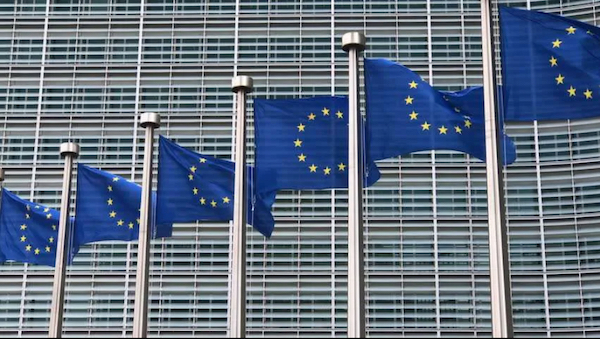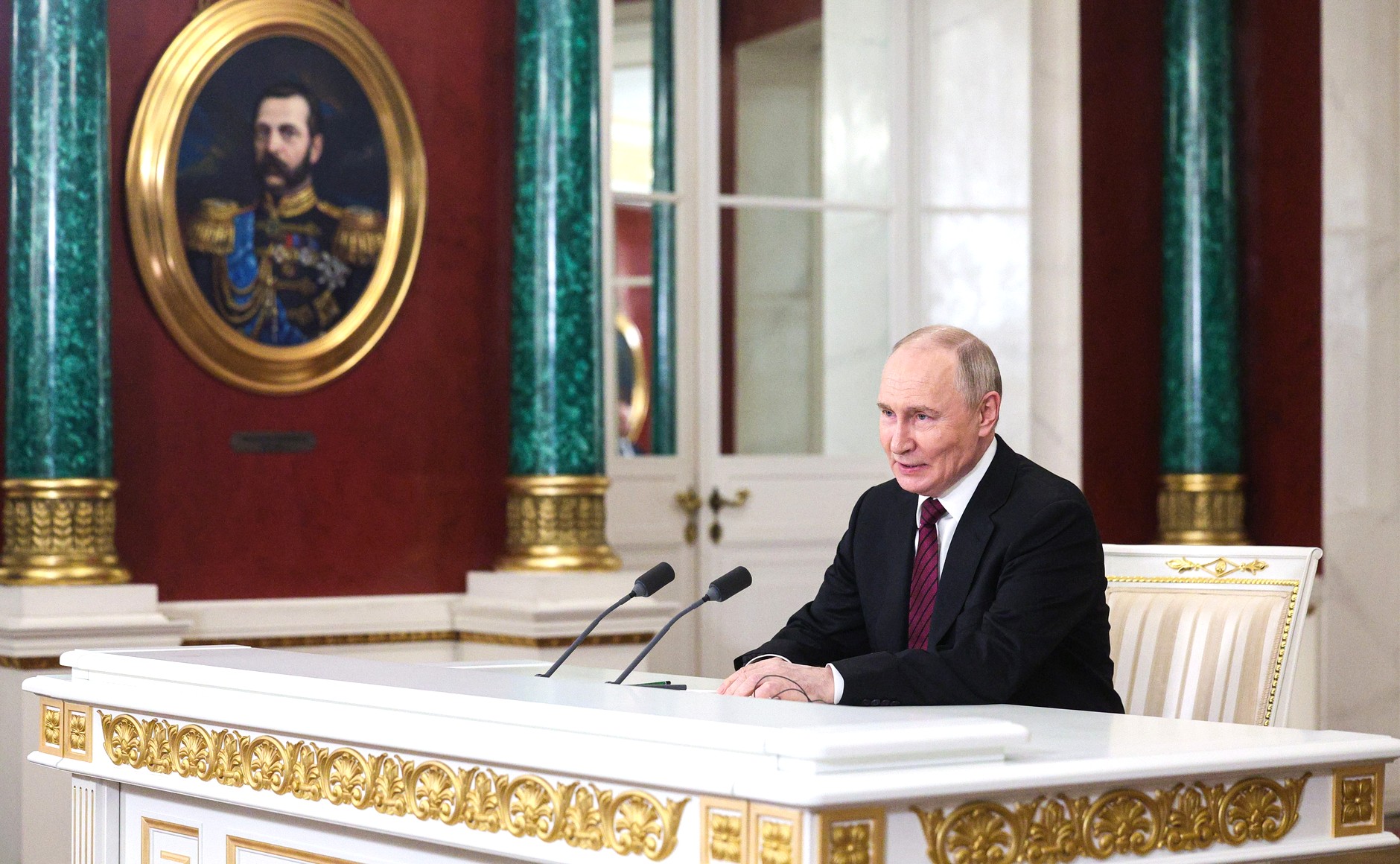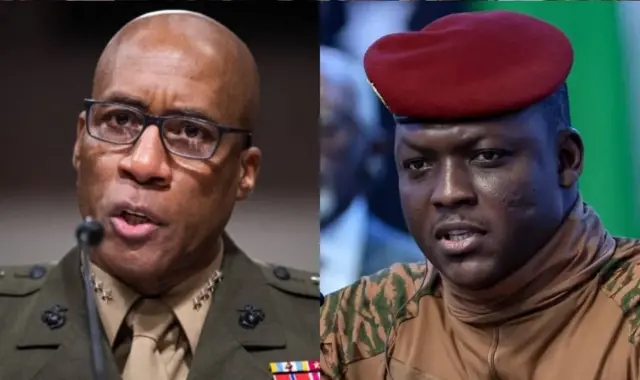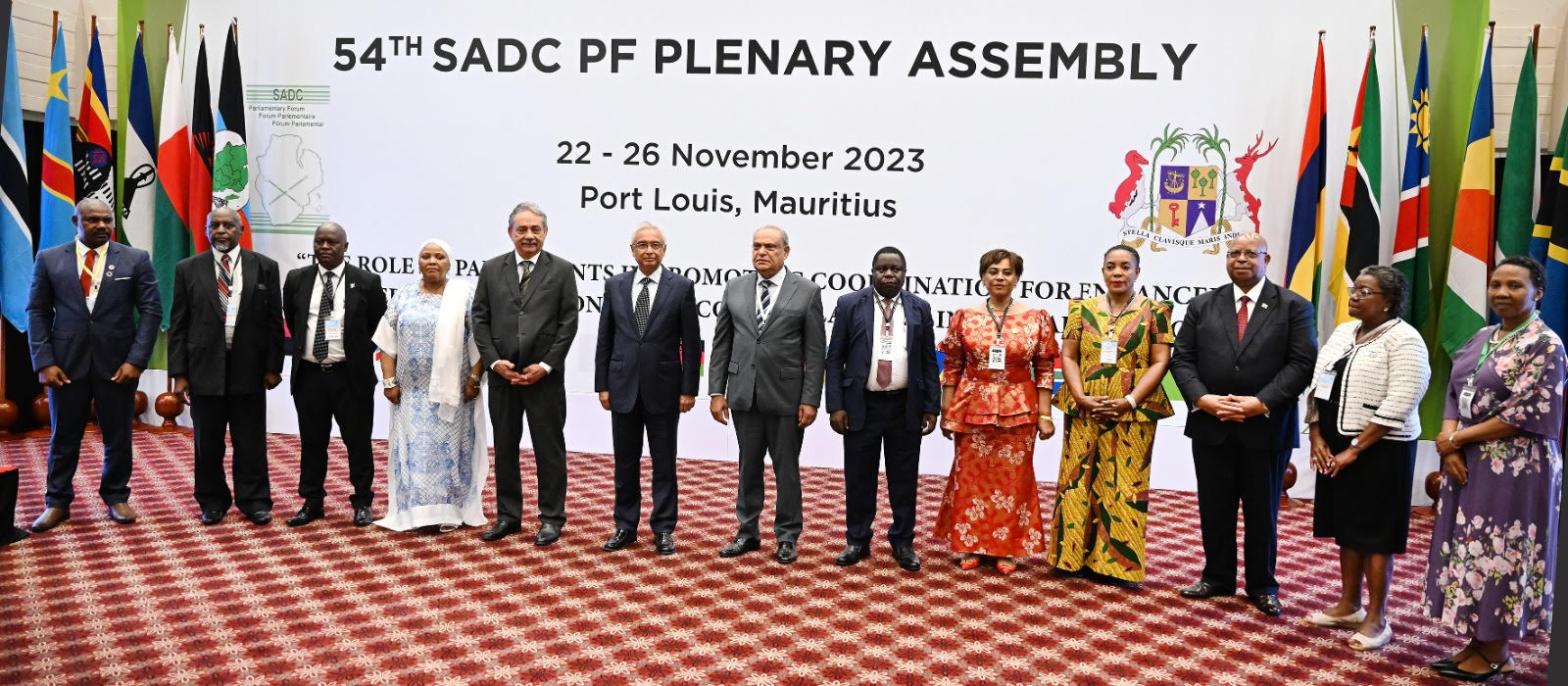
126 Saharawi civil society organizations seized European Union’s high institutions to denounce the illegality of EU’s economic activities and exploitation of natural resources in the occupied zones of Western Sahara, without the consent of the Saharawi people, believing that these activities help perpetuate Moroccan illegal occupation of the last colony in Africa.
The signatories of the letter, representing a broad cross-section of the Saharawi people on Sunday sent a letter to the President of the European Commission, Ursula von der Leyen, and the President of the European Council, Charles Michel, to denounce EU’s economic activities and exploitation of natural resources in occupied areas of Western Sahara, drawing attention to inaccuracies in a recent EU report alleging “benifits” of such activities to the people of Western Sahara.
“Such activities are unlawful because they do not meet a threshold of consent nor benefit the Saharawi people, while assisting to perpetuate an illegal occupation, itself an act of aggression that includes efforts to annex Western Sahara,” the organizations wrote in their letter.

In this context, the organizations reaffirmed that “the Saharawi people have exclusive rights to determine their international legal status including to govern economic and resource activities in their territory. We accept this sovereignty is embodied in our elected institutions, including the government of the Saharawi Arab Democratic Republic (SADR) as a full state and founding member of the regional organization, the African Union, and the Frente Polisario as the unique representative of the Saharawi people for matters of self-determination.”
“EU activities that involve Western Sahara – without an active and continuing consent of the Saharawi people conveyed through their representative institutions – contravene the sovereignty which flows to the Saharawi people from Articles 2 and 73 of the UN Charter. Such activities indirectly contribute to the occupying power’s erosion of that sovereignty,” they warned.
Following is the full text of the letter, of which TPA received a copy:
H.E. Charles Michel
President of the European Council European Council
H.E. Ursula von der Leyen
President of the European Commission European Commission
Your Excellencies:
Western Sahara and European Union institutions
A response of Saharawi civil society organizations to exploitation under occupation
23 January 2022
It is our privilege to write to you, expressing the good faith of the Saharawi people at the start of a new year.
We are numerous (126) Saharawi civil society organizations representing a broad cross-section of our people in the Sahrawi refugee camps, the liberated zone of Western Sahara, the diaspora, and in that part of our territory which continues to be occupied.
Our goal in writing is three-fold. First, we consider it necessary to make a fresh public statement denouncing European Union institution economic and natural resource activities which persist in the occupied area of Western Sahara. Second, we wish to call attention to inaccuracies in a recent EU report which alleges the benefits of such activities. Third, we seek to emphasize fundamental principles that apply to the conduct of EU institutions that would be involved with Western Sahara.
Excellencies, we protest EU activities in and treaty-making for Western Sahara in the strongest possible terms. Simply, such activities are unlawful because they do not meet a threshold of consent nor benefit the Saharawi people, while assisting to perpetuate an illegal occupation, itself an act of aggression that includes efforts to annex Western Sahara. We note our protests have extended over many years, recalling the letter of Saharawi civil society organizations to the then EU Commissioner for Trade, Mr. Karel de Gucht, on 26 June 2012.
The basis for our protest is sovereignty, in other words, that the Saharawi people have exclusive rights to determine their international legal status including to govern economic and resource activities in their territory. We accept this sovereignty is embodied in our elected institutions, including the government of the Saharawi Arab Democratic Republic (SADR) as a full state and founding member of the regional organization, the African Union, and the Frente Polisario as the unique representative of the Saharawi people for matters of self-determination.
EU activities that involve Western Sahara – without an active and continuing consent of the Saharawi people conveyed through their representative institutions – contravene the sovereignty which flows to the Saharawi people from Articles 2 and 73 of the UN Charter. Such activities indirectly contribute to the occupying power’s erosion of that sovereignty.
We recall the European Court of Justice in its 2016 and 2018 appeal decisions, and courts such as the South Africa High Court, have confirmed Western Sahara is not part of Morocco.
Second, we wish to comment on the European Commission Staff Working Document “2021 Report on the benefits for the people of Western Sahara on extending tariff preferences to products from Western Sahara” (SWD 431 2021 final) of 22 December 2021. We fear the report will be used to maintain the fiction that EU activities in Western Sahara result in benefit for the Saharawi people.
A first fact to observe about the report is that it makes no mention of that part of the Saharawi population – at law a part of required beneficiaries – who reside in the liberated zone of Western Sahara and at the Sahrawi refugee camps. A claim of benefits to a population under occupation tells only part of the story. A claim to benefits that would include illegally resettled foreign nationals in Western Sahara, meanwhile, is something monstrous and cannot have been intended. It is crucial to distinguish between population and the people of Western Sahara: The people of Western Sahara are the one entity who should be addressed and dealt with, as legitimate sovereigns of the territory. The term population is vague and misleading, suggesting the inclusion of settlers, members of the occupying forces, police and itinerant fishermen, all in Western Sahara contrary to the Fourth Geneva Convention and the Rome Statute of the International Criminal Court.
As a second fact, we also decry the absence of supporting evidence for what is claimed in the
report. Furthermore, while already noting EU activities to be inimical to the self-determination of the Saharawi people and generally contrary to international humanitarian law, we see that many such activities – especially the ocean fishery – is done with regard or at least reported assessment of environmental degradation. The Saharawi government’s nationally determined contribution (INDC) published at the UNFCCC CoP26 last year is instructive in this regard. What concerns us is that benefit is claimed without mention of the failure to account for adverse environmental impacts, which has been widely documented by environmental NGO and environmental human rights defenders (EHRDS).
A third fact, we next point out, that the data sources seemingly relied on in the making of the report are those of the occupying state Morocco. (See e.g. the purported dialogue between EU institutions and the occupying state at page 30.) A more immediate means of assuring the report to be without credibility would be hard to conceive.
Let us further note the report masks the international legal situation of Western Sahara. Instead, the report directs the reader to an assessment of the “political and human rights situation”. (See page
31.) No mention is made of the settled legal status of Western Sahara after the advisory opinion of the International Court of Justice and settled customary international law, and no regard is made for the circumstances of occupation. Of course, these omissions are necessary if one is to avoid concluding EU activities in Western Sahara contribute to the illegal (and criminal, on the part of responsible individuals) presence of an occupying power in the territory.
Let us consider fundamentals. By this, we mean the legal principles that apply to European community and EU institution activities that affect Western Sahara. There are two sources of such obligations. The first is international humanitarian law. In the context of an unlawful occupation, EU institutions must actively refrain from assisting with acts of occupation and annexation, and material contribution to acts such as the war crimes of pillage and population resettlement. Second, in the context of the self- determination of the Saharawi people, there must be an assured continuing benefit – on the basis of free, prior and informed consent – from EU activities. The European Court of Justice has been clear about such requirements in its judgments of 29 September 2021. The fundamental prerequisite of consent of the Saharawi people – again to be expressed through our democratic representative institutions – has never been acceptably sought nor obtained for such activities.
We invite the Council and Commission to:
1. reply to this letter and engage immediately with our representative institutions: The government of the Saharawi Republic and the Frente Polisario; and
2. provide a copy of this letter to the European Court of Justice in any evidence and written submissions during the appeal of the 29 September judgments, above.
Please let us express our gratitude for your consideration of these most vital matters.
We have the honour to convey, Excellencies, the assurance of our highest consideration.
Signature,
Copy to:
H.E. Roberta Metsola
President of the European Parliament European Parliament








